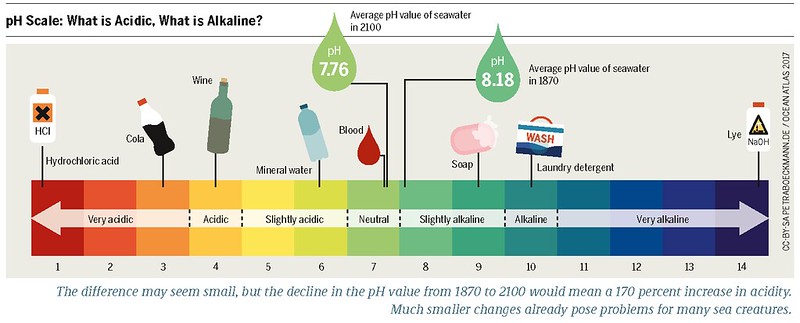The pH of magnetized water can range from 7 to 9.2, with some sources indicating a pH as high as 9.2. This increased alkalinity is attributed to the formation of more hydroxyl (OH-) ions, which reduce the water’s acidity. The pH change is a result of the electrochemical reactions triggered by the intensity and duration of the magnetic field exposure.
Understanding the pH Shift
Magnetized water’s pH shift is a fascinating phenomenon that has captured the attention of researchers and enthusiasts alike. The increase in alkalinity is primarily due to the creation of more alkaline molecules, which in turn reduces the overall acidity of the water.
This pH change is a direct consequence of the electrochemical reactions that occur when water is exposed to a magnetic field. The intensity and duration of the magnetic field play a crucial role in determining the extent of the pH shift, with longer exposure and higher field strengths typically resulting in a more pronounced alkaline effect.
Balancing the pH
To maintain the desired pH range of magnetized water, it is essential to monitor and adjust the pH levels as needed. This can be achieved by adding acidic substances, such as lemon juice or vinegar, to lower the pH, or by introducing alkaline substances, like baking soda, to raise the pH.
Regular pH monitoring is crucial to ensure the water remains within the optimal range, typically between 7 and 9.2. By carefully balancing the pH, you can harness the potential benefits of magnetized water while maintaining a safe and suitable environment for its intended use.
Potential Health Benefits
Magnetized water has been associated with various health benefits, including:
- Reducing acidity in the body and promoting a more alkaline pH
- Aiding in the healing of wounds and burns
- Exhibiting a therapeutic effect on the digestive, nervous, and urinary systems
However, it is important to note that these claims are not yet conclusively proven by scientific research. While anecdotal evidence and some preliminary studies suggest these potential benefits, further research is needed to establish the health effects of magnetized water conclusively.
Contaminants and Chemicals
The presence of contaminants and chemicals in magnetized water depends on the source water and the specific parameters of the magnetic field exposure. Unfortunately, there is limited information available on the specific contaminants or chemicals that may be present in magnetized water.
To ensure the safety and quality of magnetized water, it is recommended to regularly test the water for any potential contaminants or chemicals. Depending on the findings, appropriate water treatment methods, such as filtration, reverse osmosis, or UV treatment, can be employed to address any identified issues.
Conclusion
The pH of magnetized water is a fascinating topic that has captured the attention of researchers and enthusiasts alike. With a range of 7 to 9.2, and even up to 9.2 in some cases, the increased alkalinity of magnetized water is a result of the electrochemical reactions triggered by the magnetic field exposure.
To maintain the optimal pH range, it is essential to monitor and balance the water’s pH levels through the addition of acidic or alkaline substances. While magnetized water has been associated with various health benefits, further research is needed to conclusively establish these claims.
Regarding contaminants and chemicals, it is crucial to regularly test the water and employ appropriate treatment methods to ensure its safety and quality. By understanding the pH dynamics of magnetized water and taking the necessary precautions, you can harness the potential benefits of this unique water phenomenon.
References:
– Magnetized Water: A Potential Sustainable Solution for Water Treatment
– The Miracle of Bio-Magnetic Water
– Does Magnetic Field Change Water pH?
– Magnetic Water Treatment: A Review of the Science, Challenges, and Opportunities
– Magnetic Jewellery: Bio-Magnetic Water

